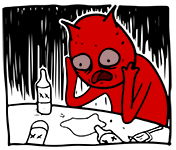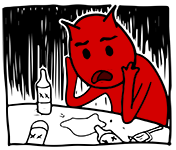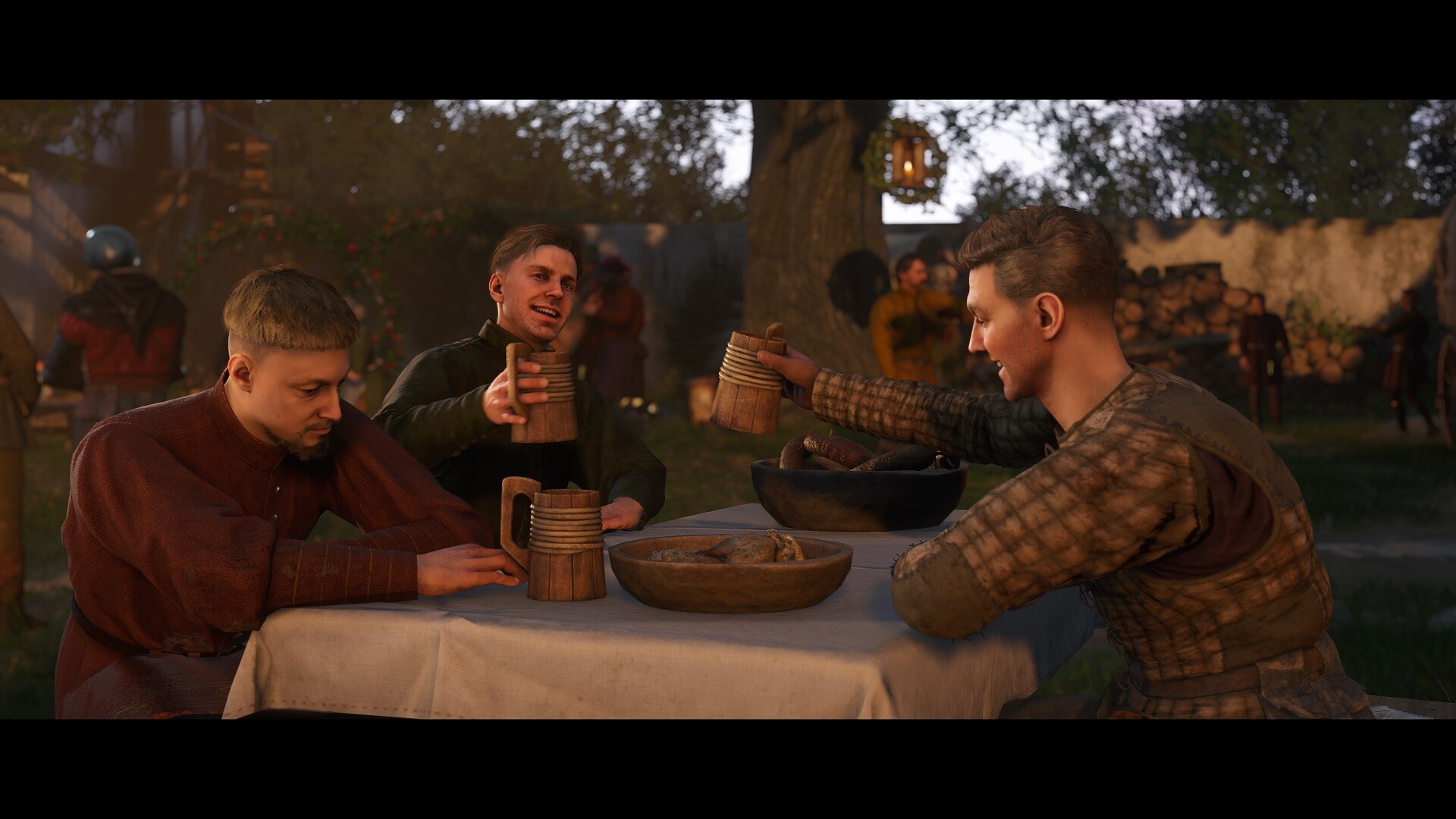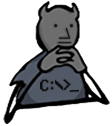Since ethic is pratical philosophy, its praxis must be directed to an end. As beings that live in time, this end is embodied in a social form, which is in-formed by many things, ideals, customs, economy, technology, class interests, etc. As all structures that lives in time, such forms have a duration in time, with higher and lower stability while the structure lives even through change; but there is a climax and there is decline, during which elements of it become anachronistic, like an ideology whose parts, or whole has lost meaning, but keeps going because the society form is in crisis but still within the treshold of dissolution of form. Of course, previous element that persist can be reinterpretated in a new form that may surface from that crisis. Keep in mind that this as at an immanent level, not touching the matter of the existence of trascendence and the existence trans-historic values and knowledge.
What with your question? In the crisis of a society searching in the earnest, and arts and literatures with the values they hold are part of it, may bring support to ideas that bring in their branches ruinous results. They also can host novel ideas and/or perspectives - that can challenge old instituctions, in the broader sense, to re-veil more clearly their pre-suppositions, renewing their strength. But in a situation of crisis the positions that emerge tend to become extreme, until it can be found a new dynamic balnce, a new norm, that become a new orthodoxy. it is the problem of Socrates and the crisis of Athenian polis, of late Middle Ages-Renaissement-Early modern age, it is the problem of the french revolution and good part of XIX century, it is the problem of our time. Our problem. It is not wrong to broaden one view, it should be a precondiction of a dialectic reason; but some ideas have damaging effect on society stability and values; but it also because those are already in crisis.



















![The Year of Incline [2014] Codex 2014](/forums/smiles/campaign_tags/campaign_incline2014.png)


